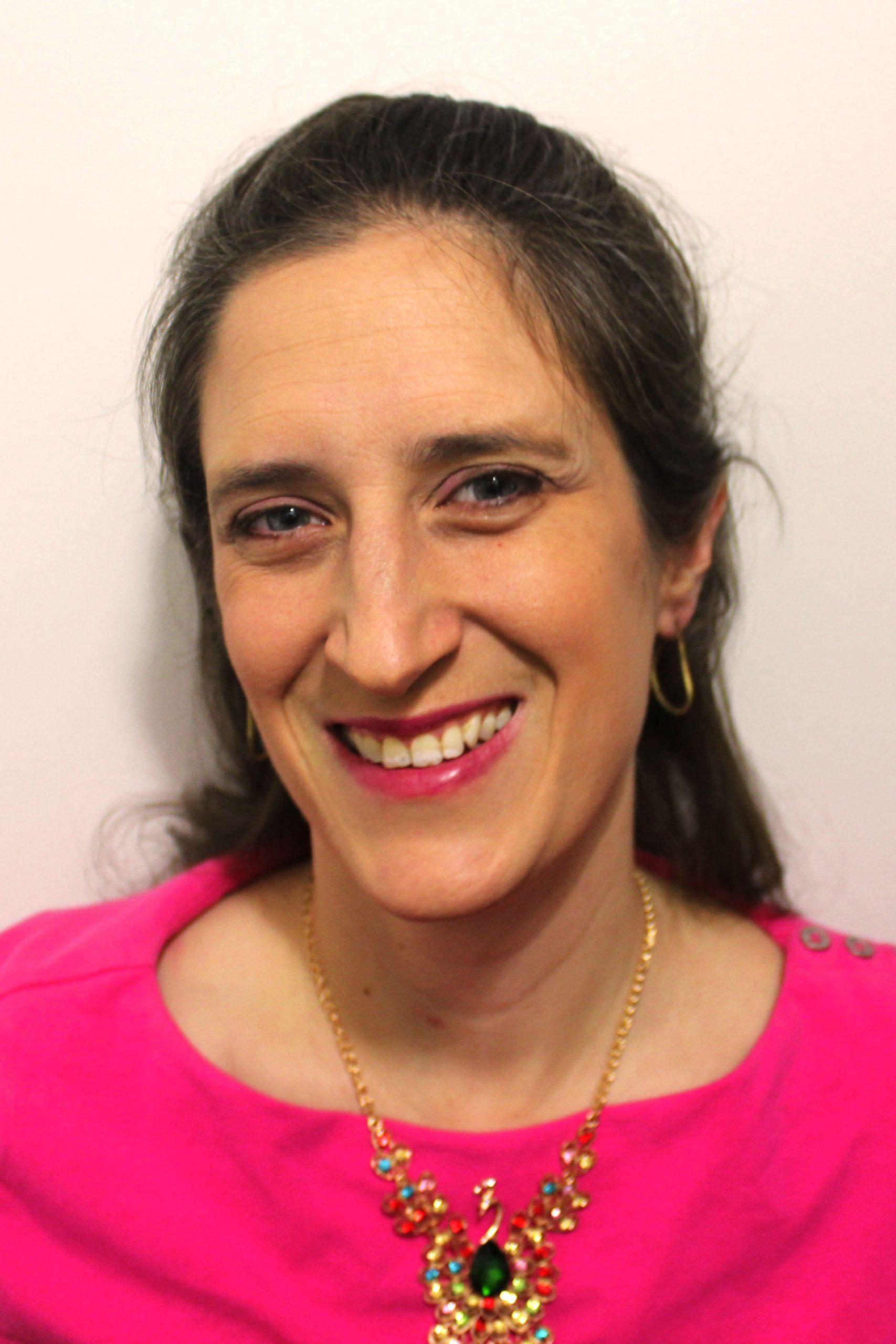5 Reasons A Sabbatical Might Be A Good Idea Right Now

Several people I know are on sabbatical right now, taking time off of a wide variety of “jobs” to better themselves, rest, research, and explore the ever-changing world around them. From pastors to professors and heads of departments, these women are taking the time for this growth and rest period and recommend others do the same.
And you don’t have to be a researcher, pastor, or someone in education to take a sabbatical, either. Anyone in the workforce can take a sabbatical, but traditionally, we’ve been more likely to hear about professors and pastors taking them than others.
But what is a sabbatical and why should you take one? Ellen Skilton, PhD, an education professor at Arcadia University shares her experience with taking one for self-discovery and deeper personal development.
What Is A Sabbatical?

First off, let’s clarify something: A sabbatical is not a vacation. It is a break from standard work settings, and yet it is a time for personal development and growth as a human being, expert, employee, educator, or student.
Someone taking a sabbatical is choosing to pursue occupational, educational, research, or other opportunities that will benefit them. This can include activities like traveling, writing a book, researching, furthering education, volunteer work, rest, or other activities. While on sabbatical, you are still employed by your organization. You’re just “on hold” with them, meaning you’re not currently producing works or performing job duties.
According to Skilton, in many cases, you’ll need to “submit a sabbatical proposal that outlines the focus, whether it is a research project or a study leave, why it is important to the faculty member and the university” or employer/employee.
Some organizations offer sabbatical benefits, while others do not. Before you take your sabbatical, you’ll want to look into the financial options available to you and plan accordingly.
Let’s get into five ways a sabbatical might be beneficial for you right now:
#1 –Your personal and professional growth benefits everyone.
Skilton is currently on her second sabbatical. The first one she took was a year-long language and language-education study in Costa Rica. This year, she’s on a nine-month sabbatical in which she will finish up her MFA in poetry.
“In each case, I’ve felt like the university has gained/will gain so much,” she says. “It’s partially about the specific area of study or research, but it’s also about having the spaciousness to have new insights, explore emerging ideas, and slow down the pace. Even though it has only been two months so far this time, I can already feel growth in creative endeavors, in engaging with new scholarship, finding new energy and enthusiasm that will positively influence my teaching, research, and creative work when I return.”
#2 –Sabbaticals offer the opportunity for building creative and emotional space.

“I have been exploring how the arts and creativity more generally are central to social studies education, social justice work and anti-racism efforts,” Skilton notes about her time during her sabbatical. “Completing the MFA is part of that and I will have a working manuscript for a first collection of poetry by this summer.”
Even when you work in a creative field, you need space for your personal creativity and development to bloom. A sabbatical offers you time away from the day-to-day you’ve grown used to, which opens up that space.
#3 – Sabbaticals help us “reboot” or refocus our work and lives.
For Skilton, her first sabbatical helped significantly in finding focus in her work. “It can seem daunting to figure out all of the logistics, especially if there is a cut in pay. she said. “[Fortunately] at our university, you can take a semester at full pay or a year at 80% pay. I never dreamed we could pull off going to Costa Rica for a year, but we did, and it reshaped my work and my personal fulfillment in very significant ways.”
#4 – Sabbaticals are good for rest and recharging.

Most of us are on the constant go in work, creative pursuits and personal life. A sabbatical, however, breaks us free from our normative schedule. If we’re not submitting work assignments, school assignments or other regular projects, we can allow our bodies and minds to rest.
#5 – Sabbaticals can help you heal from (or even prevent) personal crises.
Time interviewed a number of people on the topic of sabbaticals, and it was discovered that the majority of folks taking one were doing so because of a negative event in life which forced them into the experience.
These negative events may include anything from illness, injury, personal loss, burn-out or other mental health challenges. Before one of these arises – or worsens – it might be wise to consider taking a sabbatical. (Obviously, no one can predict a sudden death, an illness, or an injury, but taking a sabbatical can help with coping and rebounding from loss.)






